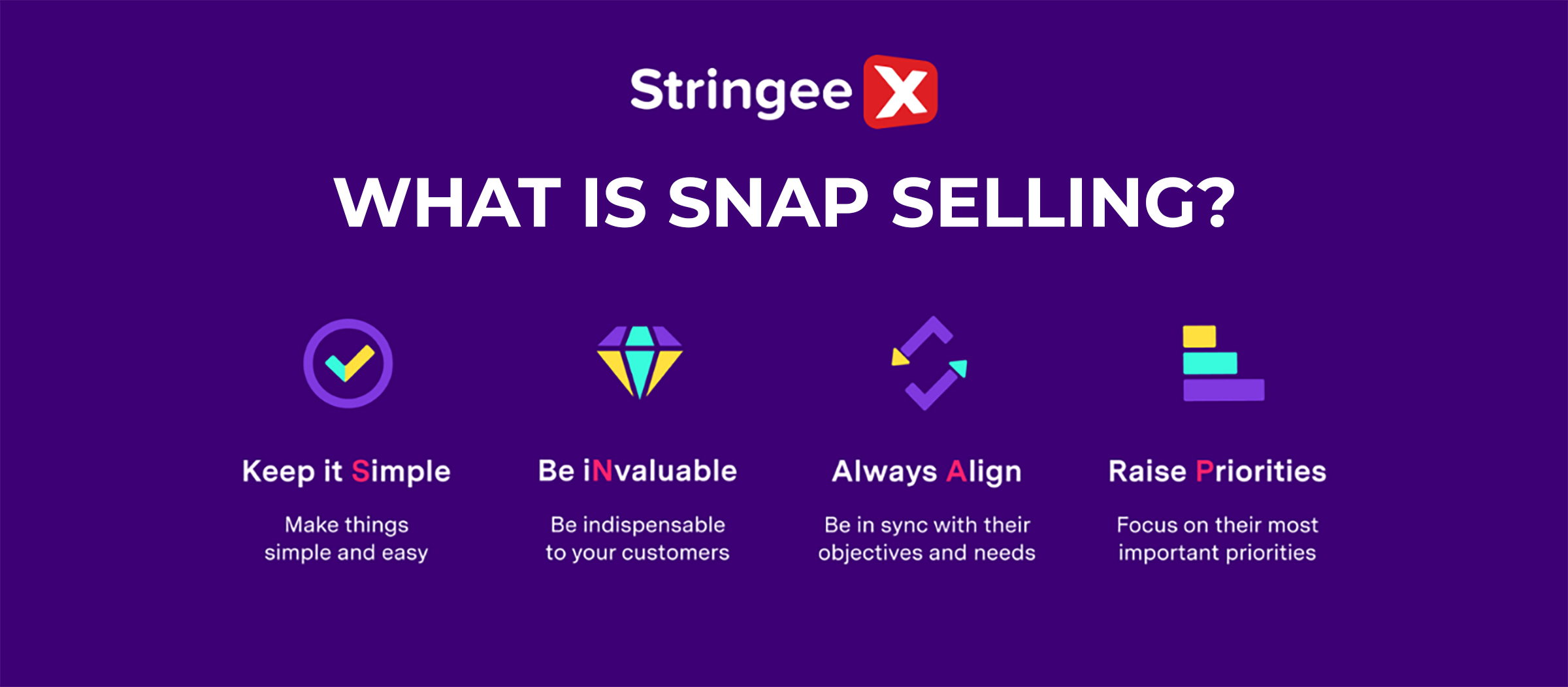Intro
In a world where screens and instant messaging rule, a simple phone call is sometimes taken for granted. However, there is more to phone conversations than first meets the eye. There are special advantages of telephone communication that can greatly influence your personal and professional life. For this reason, you may be shocked to hear that there are situations when picking up the phone is preferable.
8 Advantages Of Telephone Communication
Texting has fewer benefits than phone conversations (Source: Pxhere)
Everyone Has a Phone
According to Statista, over 1 billion Indian citizens owned a smartphone by 2023, and the number is estimated to reach 1.55 billion by 2040. Let's face it—most of us are constantly glued to our phones.
This makes reaching someone incredibly simple, particularly in an emergency. Everyone can answer a phone call with such ease. Responding to other types of communication might require particular tools or skills.
Faster
Time is precious. A phone call is the way to go when you need a quick answer or have much to say. There's no waiting for someone to type back—it's just direct, to-the-point communication.
You say what you need to say, and they respond immediately. It's a done deal. It's perfect for dealing with something urgent when you're in a hurry.
Better Interactions
When you talk on the phone, the other person can hear your tone, laugh, or even feel frustrated if things aren't going your way. These little things might significantly make communication feel more human and real. Plus, it helps you build better relationships because people feel more connected when they hear your voice.
Less Misunderstanding
It's a scenario we might come across quite frequently. Sometimes, even though you're trying to be funny, it comes off as forced. Even worse, something gets lost in translation, and you enter into an argument. Otherwise, you can immediately explain matters over the phone and immediately clear up any confusion.
Simple
Sometimes, simplicity is key. A phone call strips away all the fluff. There’s no need to craft the perfect message; no emojis or gifs are required. Just say what you mean, and that’s it. It’s straightforward, especially for those who aren't comfortable with typing or are in situations where typing isn't practical.
More Personal
When dealing with something sensitive, like discussing private matters or sharing confidential info, you don’t want it floating around in a text that could be screenshotted or forwarded. A phone call keeps things between you and the person on the other end. It’s much harder for private details to slip out during a voice conversation.
Flexible
While messaging frequently implies a need to respond quickly, phone calls allow you to converse in real time and make adjustments as needed. Do you need to change the subject? Simple. Do you want to learn more about a topic? Take it on. Talking on the phone makes the exchange happen organically without typing out every word.
A Boost for Businesses
Phone calls aren't just for catching up with friends. They're a powerful tool for businesses looking to grow and connect with new customers. When a company picks up the phone and calls, they get immediate, personalised customer feedback.
This direct insight is invaluable for spotting areas that need improvement and making smart business decisions. It's like having a real-time pulse on what your customers are thinking.
Consider using StringeeX to enhance your business consulting calls. We offer the greatest omnichannel customer support call centre.
Are There Any Disadvantages To Telephone Communication
There are a few drawbacks that you may encounter (Source: Freepik)
While phone calls can be great for real-time conversations, they’re not perfect. We have to accept that there are still a few downsides you might run into.
1. Missed Calls
Missed calls are one of the main problems with phone communication. Everyone has experienced it while busy, at a meeting, or when their phone is quiet. A missed call may force you to play phone tag, which may be annoying and time-consuming, in contrast to a text message, which you can read whenever you like.
2. Unclear Voice Quality
Have you ever had a conversation where the other person's voice keeps cutting in and out or is just static? Call quality issues can cause confusion and the need to repeat yourself because it can be difficult to understand the other person. It can cause misunderstandings and slow down the conversation in addition to being annoying.
3. Potential for Misuse
Sadly, communication over the phone can also be abused. Some even use it for illegal activity or harassment. Scams, unsolicited calls, and spam can be bothersome and stressful. It's a regrettable drawback to the ease of communication via phone.
Hence, even though there are benefits to phone calls, it's vital to be aware of these possible problems. You can manage them more skillfully if you know what to anticipate.
Tips For Effective Telephone Communication For Your Business
These are some pointers for your business's effective telephone communication (Source: Freepik)
Speak Clearly and Confidently
It's critical to speak confidently and clearly when on the phone. Someone who stumbles or speaks quickly is not someone that anyone wants to deal with. If you speak too quickly or sound agitated, the person on the other end may perceive that you're attempting to end the call, which can come across as impolite.
Worse still, they might stop wanting to communicate with you. Thus, inhale deeply, maintain your composure, and talk slowly. It truly makes a difference to use clear and descriptive language to help them visualise what you're talking about.
Choose Your Words Wisely
When was the last time you were told to watch what you said? Yes, it certainly holds true in this case. Avoiding offensive language is important, but so is avoiding fillers like "um," "uh," and "hmm." Particularly in a business call, these tiny noises can give the impression that you are unsure of yourself or unprepared.
You don't want to come across as unsure or perplexed, I promise. Don't use expressions like "I don't know." There are more appropriate ways to express uncertainty. Steer clear of slang as well; it may not translate well, particularly in formal contexts. You wouldn't say "LOL" in a serious discussion, am I correct?
Use Their Name
Using the other person's name can add a personal and engaging touch to any conversation, whether it's a business call or a casual chat. Just be sure to pronounce it correctly; it's a simple yet respectful gesture that goes a long way.
But don't go overboard—using their name too frequently can come across as forced. If you keep it natural, it will function flawlessly.
Listen Actively
Any successful conversation starts with active listening, and phone conversations are no exception. Try your hardest to listen intently to the other person without talking over them. It helps you avoid misunderstandings and demonstrates your interest in what they have to say.
Don't worry if you miss something. Replay capabilities are also available on some phone systems, allowing you to listen back to the conversation and catch any mistakes you may have made.
Conclusion
To summarize, while digital communication has its uses, the advantages of telephone communication remain invaluable for making connections, conveying emotion, and achieving goals.
You can improve productivity, relationships, and ultimately your life by realising and using the power of your voice. To streamline your phone communication and boost efficiency, don’t hesitate to contact StringeeX!










